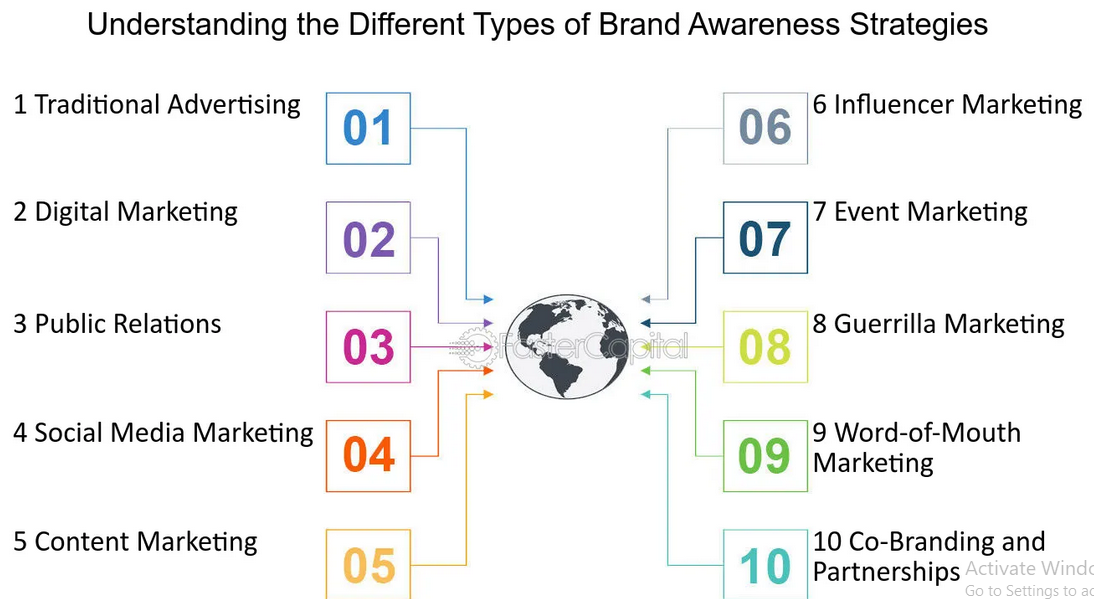Viral marketing can have a substantial impact on brand awareness due to its ability to rapidly spread content across various online platforms. When a piece of content goes viral, it is shared, liked, and commented on by a large number of people, creating a snowball effect that can significantly boost brand visibility. Here are some key ways in which viral marketing influences brand awareness:

Exponential Reach:
Viral content has the potential to reach a massive audience quickly. As people share the content with their networks, the brand message can spread exponentially, reaching far beyond the brand’s existing audience.
Word-of-Mouth Amplification:
Viral marketing often relies on word-of-mouth amplification. When individuals share viral content, they act as brand advocates, endorsing the brand to their followers and friends.
Social Media Impact:
Social media platforms play a crucial role in viral marketing. Shares, likes, and comments on platforms like Facebook, Twitter, Instagram, and TikTok contribute to increased visibility and engagement.
Increased Brand Exposure:
Viral content generates heightened visibility for the brand, exposing it to a larger and more diverse audience. This exposure is valuable for building brand recognition and recall.
User-Generated Content (UGC):
Viral campaigns often involve user-generated content, where consumers actively participate in creating and sharing content related to the brand. This not only increases brand awareness but also fosters a sense of community and engagement.
Brand Association:
The content that goes viral often reflects the brand’s identity, values, or a specific message. As a result, the brand becomes associated with the emotions or sentiments expressed in the viral content.
Cost-Effective Marketing:
Viral marketing can be a cost-effective way to achieve high levels of exposure. While there is no guaranteed formula for creating viral content, the potential returns on investment in terms of brand awareness can be substantial.
Cultural Relevance:
Viral content often aligns with current trends, pop culture, or societal issues. Brands that tap into cultural relevance can enhance their appeal and connect with audiences in a way that traditional marketing methods may not achieve.
Online and Offline Impact:
Viral content can transcend digital platforms and have an impact offline as well. It might be discussed in traditional media, shared in conversations, and contribute to a buzz around the brand both online and offline.
Long-Term Brand Recognition:
The effects of viral marketing can extend beyond the initial surge in awareness. If the content resonates with the audience, it can contribute to long-term brand recognition and loyalty.
It’s important to note that while viral marketing can be highly effective in increasing brand awareness, it is also inherently unpredictable. Not all attempts at creating viral content will succeed, and there is an element of spontaneity and timing involved. Therefore, brands should approach viral marketing as part of a broader strategy and focus on creating engaging, authentic, and shareable content that resonates with their target audience.
